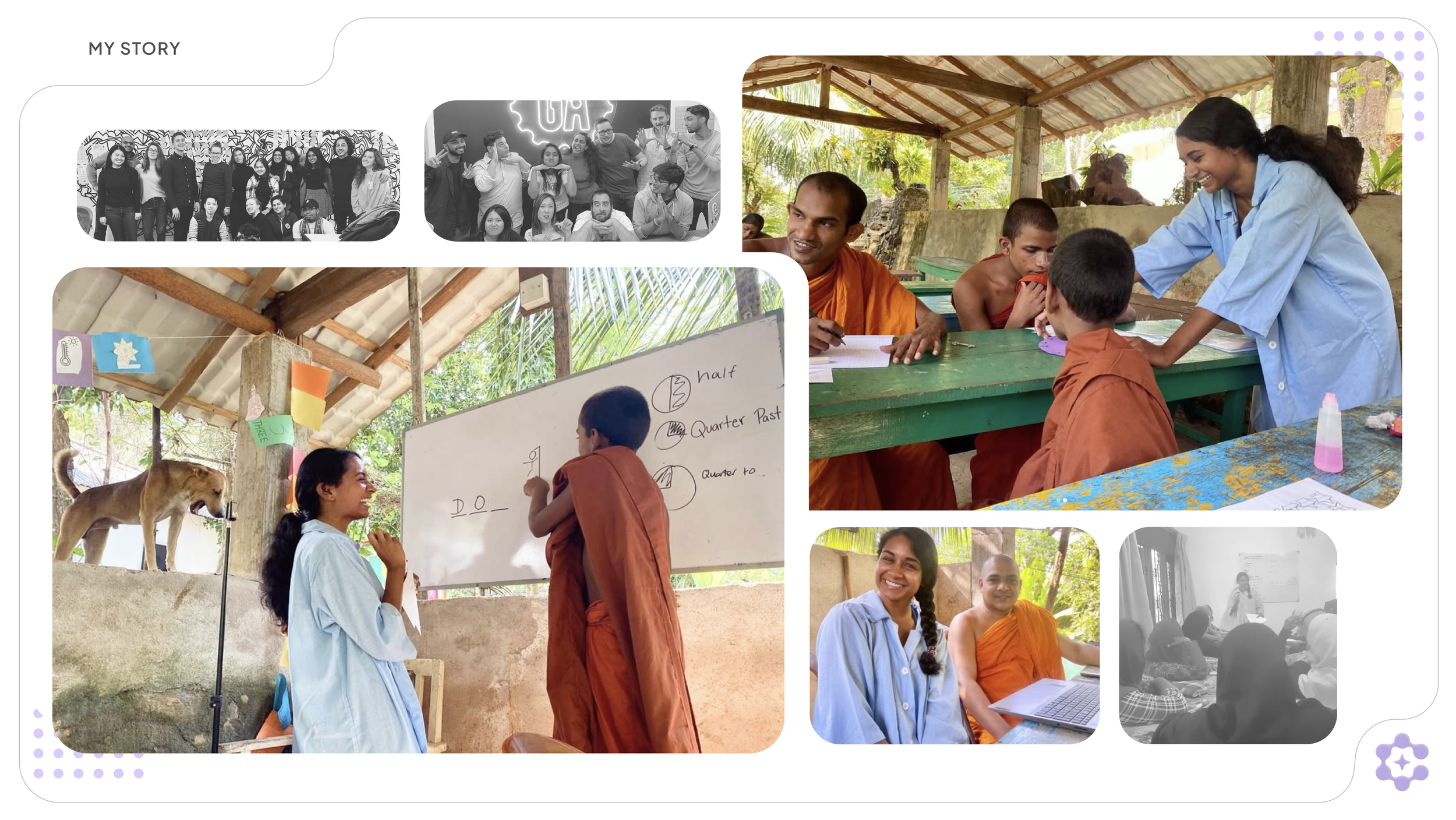The Future of Learning Won’t Be Written. It Will Be Spoken.
When people ask why I’m building Coraltalk, I tell them the truth:
It started with frustration.
I taught for years—bootcamps, adult learners, teens—and no matter the class or curriculum, the same pattern kept showing up:
Students didn’t struggle with knowledge.
They struggled with expressing it.
Some froze.
Some rambled.
Some had the answer but couldn’t articulate it under pressure.
And all of them—every single one—learned faster when they talked.
Then generative AI crashed into education and exposed the system’s quiet flaw:
AI didn’t create a cheating crisis.
It exposed a pedagogy crisis.
Assignments, essays, homework—you can generate all of it in 20 seconds.
So the real question became:
“How do we know what students truly understand anymore?”
The uncomfortable answer:
We don’t. Not through writing.
Understanding lives in speech—how a student reasons out loud, connects concepts, defends an idea, explains in their own words.
That’s the part the system has never been able to measure at scale.
Until now.
My “AHA” Moment Was a Conversation With a Monk
Years ago, I was teaching English to a 7-year-old monk in Sri Lanka. No worksheets. No essays. Just talking. And watching how fast he learned through conversation changed everything for me.
It made me realize:
Modern education industrialized learning and flattened it into essays—
but human learning has always been dialogue-first.
That was the seed of Coraltalk.
The Hidden $50B Problem Schools Can’t Ignore
When we began talking to schools, we expected interest in language learning.
Instead, we got admissions teams, principals, university programs, and even corporate training leads all asking the same thing:
“Can Coraltalk help us actually hear what students understand?”
Because oral assessments aren’t niche—they’re exploding:
New national requirements in Canada, UK, and Europe
Universities drowning in AI-generated assignments
Corporate training shifting to scenario-based speaking evaluations
Remote schools needing authentic, human assessments without Zoom chaos
The world is waking up to a simple truth:
Written output is no longer evidence of learning.
Spoken reasoning is.
This is a multi-billion-dollar shift hiding in plain sight.
What Makes Coraltalk Different
Most “AI tutors” are glorified chatbots.
Coraltalk is a voice-native understanding engine.
It measures how students think, not what they can copy/paste:
reasoning structure
conceptual accuracy
retrieval strength
clarity
hesitation
fluency
metacognition
confidence
We’re building the dataset nobody else is touching:
thousands of rubric-aligned, subject-specific spoken answers.
This is the foundation for a new category:
AI that measures understanding, not output.
The GTM That Actually Works
We don’t chase hype.
We chase pain.
We built directly for teachers—then teachers pulled us up the stack.
Pilot schools referred the next school.
Admissions teams started using us for interviews.
University programs adopted us for labs and oral exams.
Corporate teams began using us for scenario practice.
This wasn’t a viral moment.
It was a workflow moment.
And once a workflow embeds, it stays.
Why We’re All-In
We’re building Coraltalk because the most important question in education has gone unanswered for decades:
“Do our students actually understand this?”
For the first time, we can measure that—authentically, at scale, through conversation.
When students speak, you hear the truth.
When teachers hear the truth, they can teach better.
When institutions adopt dialogue-first assessment, AI stops being a shortcut and becomes a catalyst.
We believe the next decade of learning will be rebuilt around voice—
not as a gimmick, but as the backbone of how humans actually learn.
The future of learning isn’t text-first.
It’s not chatbot-first.
It’s conversation-first.
And we’re building it—one voice at a time.

